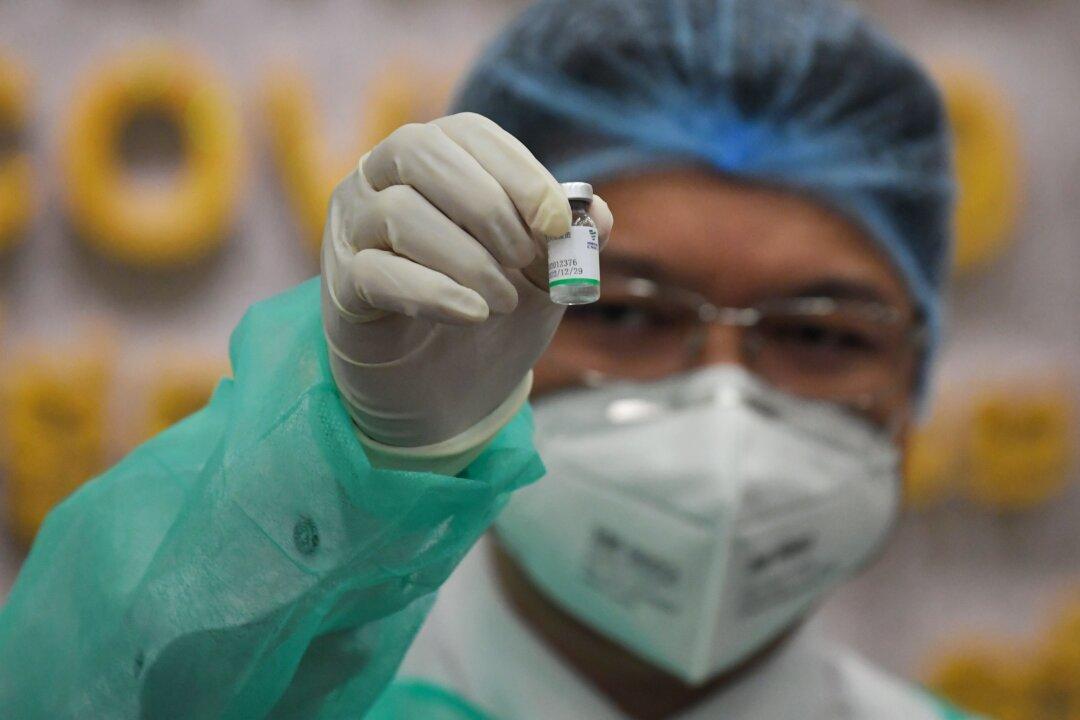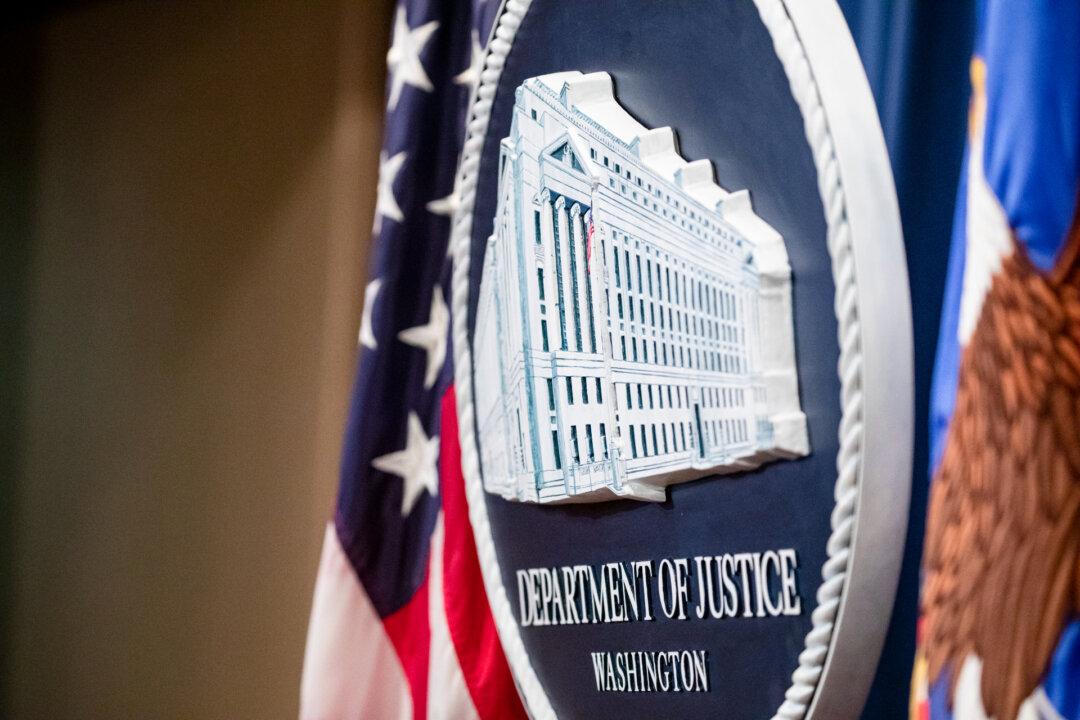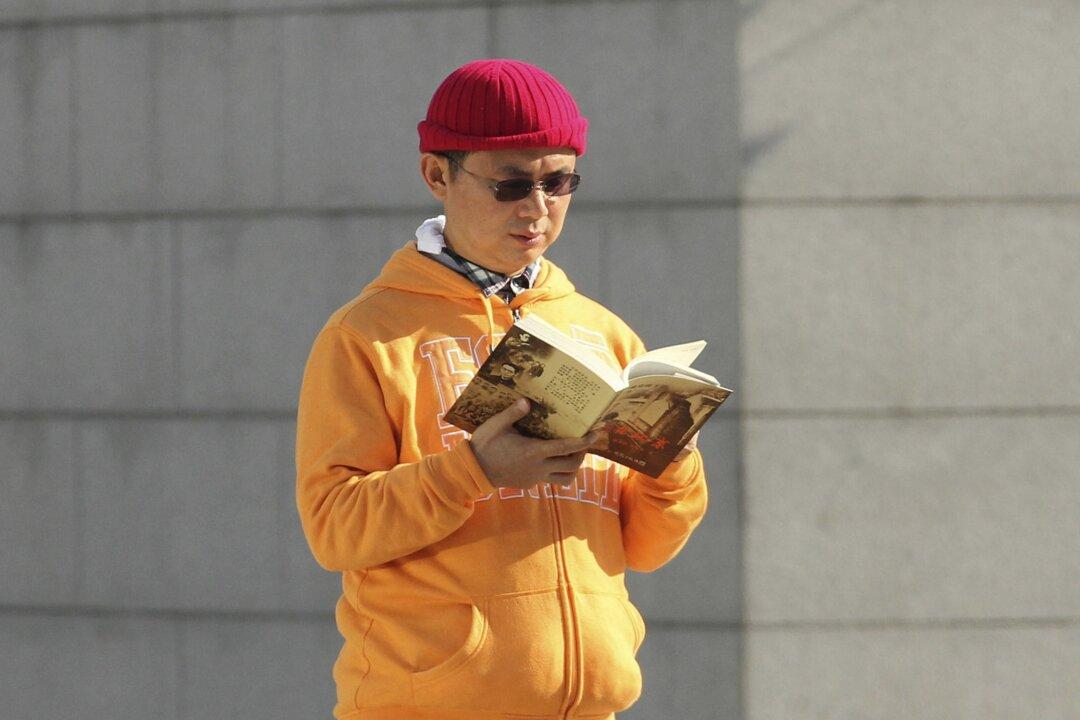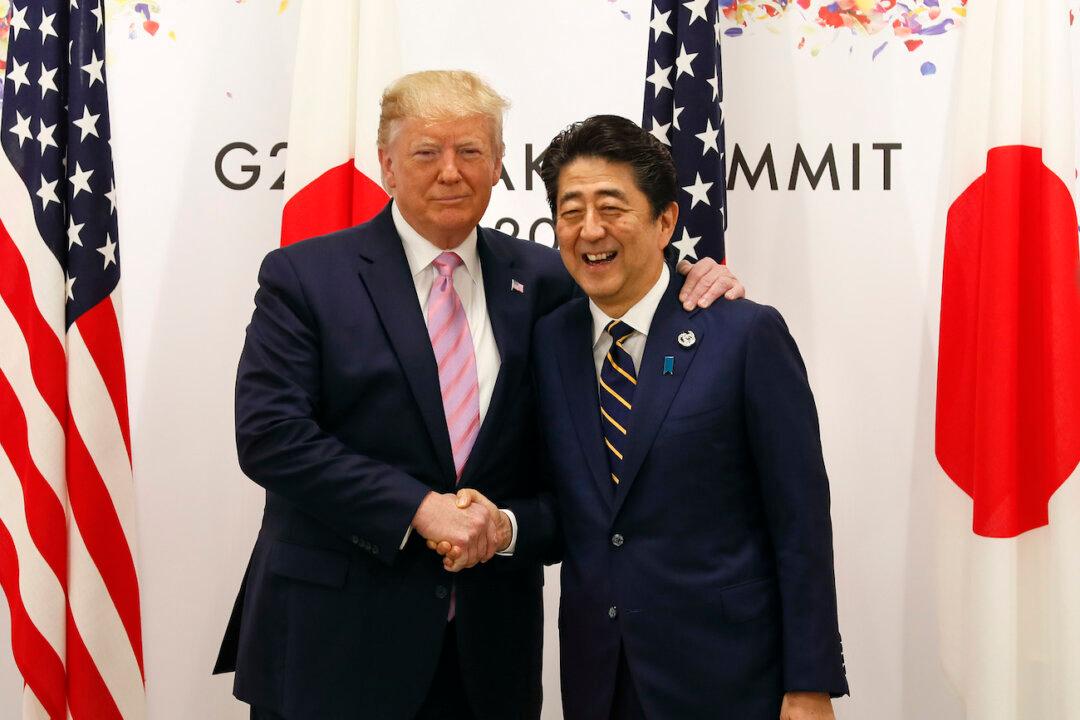A woman in China said her husband developed serious adverse reactions after receiving a Chinese-made COVID-19 vaccine, including prolonged high fever and extensive rashes. Doctors said they can’t rule out the possibility that his symptoms were related to the vaccine.
The woman, who is from Beijing and whose surname is Zhang, described her husband’s story in a March 1 post on China’s mini-blogging platform Weibo.





